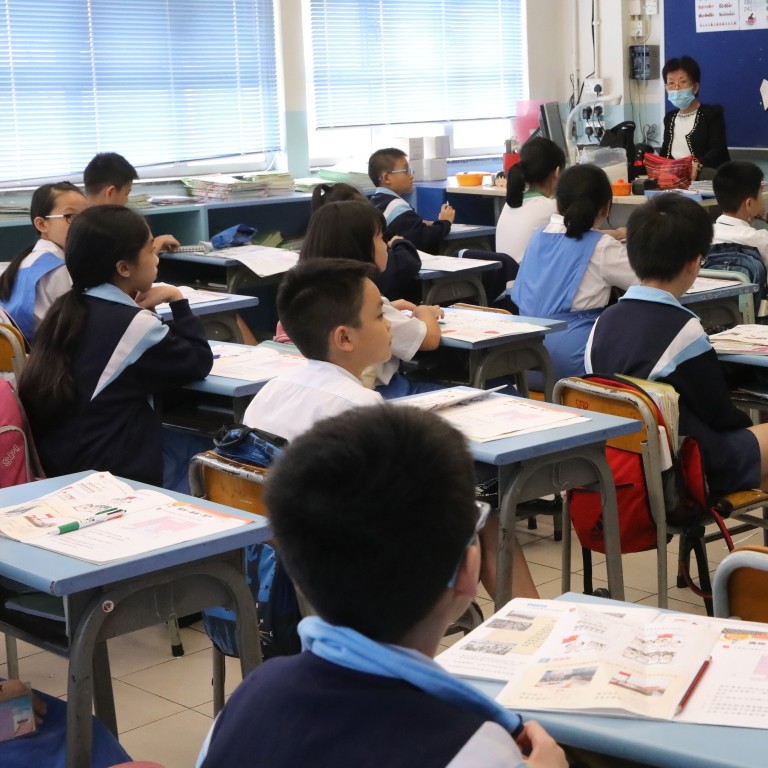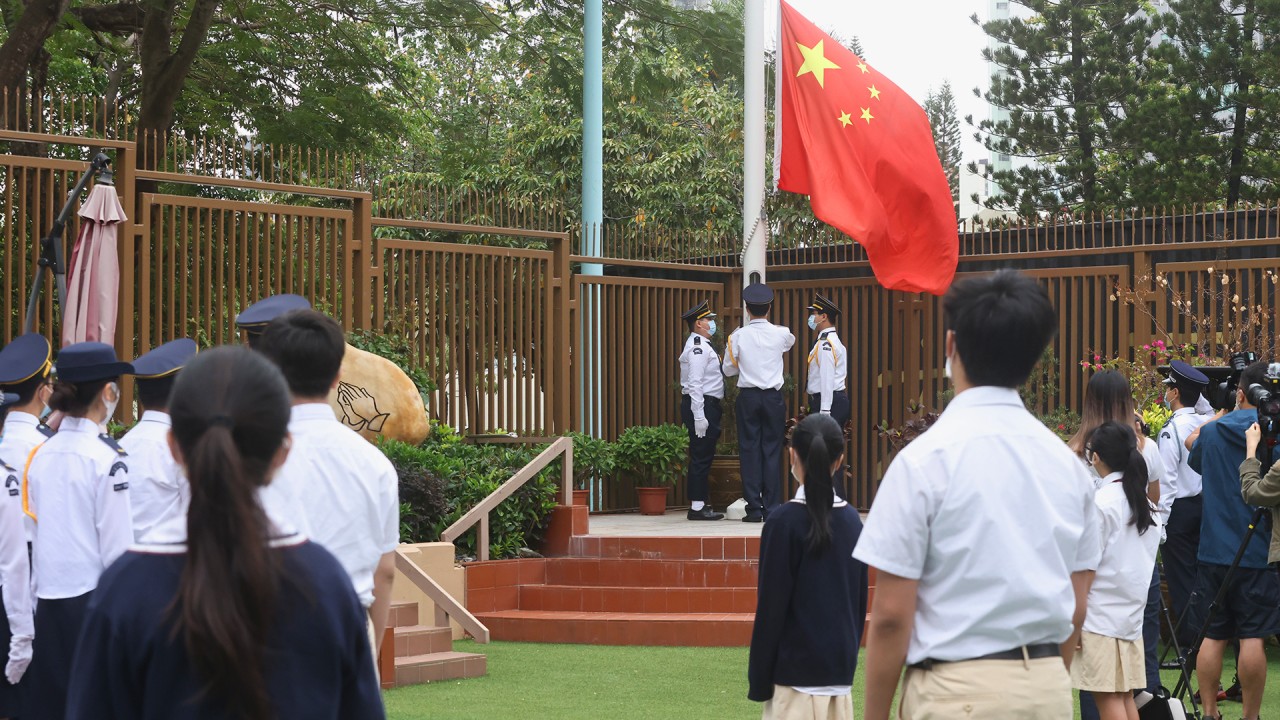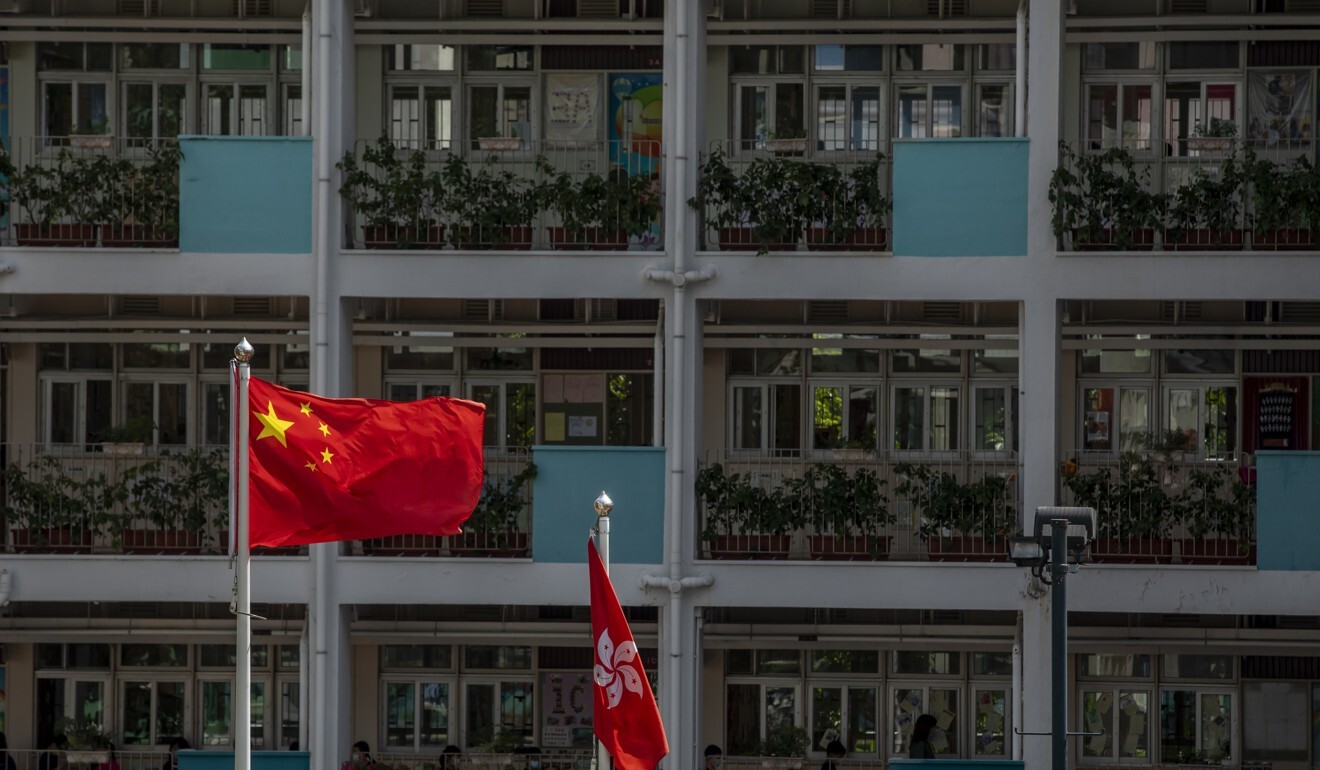
Hong Kong schools must investigate complaints against teachers in a month under new Education Bureau guidelines
- Time schools have to probe allegations halved under rules, which also say even anonymous complaints have to be looked into
- One principal says new rules could lead to ‘unreasonable complaints’ being made, and changes will increase pressure on managers
Hong Kong education authorities have issued new guidelines telling schools to complete investigations into complaints against teachers within a month, with rules so detailed educators said they were a form of “micromanagement” that would only increase the pressure they were under.
The new instructions issued by the Education Bureau last Friday listed 38 points for schools to follow, including telling them to look into every complaint involving teacher misconduct, including anonymous ones.
Schools have been asked to review the “nature and gravity” of complaints made anonymously, and explain the reasons in cases that were not pursued.
Previously, institutions were allowed a more school-based approach in handling complaints and could reject anonymous ones or treat them only as internal references. Under the old guidelines, it was suggested investigations be completed within two months after receiving the complaint.

05:11
Hong Kong schools mark first National Security Education Day under security law imposed by Beijing
For the pursuable complaints, the new guidelines asked schools to give complainants a written reply and submit the internal investigation report to the bureau within a month.
The report would need to include details of the complaint, sequence of events, the teacher’s response and how the investigation was conducted.
Schools should consider disciplinary actions such as verbal or written warnings, suspension or termination of employment if a complaint was substantiated, depending on the severity of the case, while investigation results should be submitted to authorities for “reference or consideration of taking follow-up actions”, including reviewing the teacher’s registration.
“Parents and the community at large [expect teachers] to have high standards of morality and lead by example to nurture the next generation”, said a letter from the bureau accompanying the guidelines sent to the primary and secondary schools.
Four in 10 Hong Kong schoolteachers want to quit. Here’s why
School heads have reported a surge in complaints against teachers following the anti-government protests in 2019, with the education sector coming under the spotlight after thousands of pupils and more than 100 teachers were arrested during the demonstrations.
The bureau received 269 protest-related complaints involving teacher misconduct between June 2019, when the social unrest first erupted, and December last year, with 154 teachers having already been disciplined.
That included three who were stripped of their lifelong registration over teaching materials deemed problematic by officials, while another was deregistered last month after being convicted of a crime relating to the social unrest.
Some educators have also expressed concerns about crossing new “red lines” under the Beijing-imposed national security law, which came into effect last June, while more teachers have reported leaving the industry with many emigrating overseas.

One principal of a government-subsidised primary school, who spoke on the condition of anonymity, said the bureau’s latest guidelines would put pressure on management.
“Schools must follow instructions from the Education Bureau,” they said. “Since the implementation of the national security law, we had predicted that there will be more requirements for schools in different aspects.”
Another secondary school principal, said they had noticed schools receiving more complaints over the past year, and raised concerns over whether the new guidelines would lead to even more – including anonymous ones.
“[Hong Kong’s] complaint culture is quite evident … and often it could be based on misunderstandings,” the secondary school principal said. “Some complaints could also be really unreasonable.”
Education authorities investigating leaders of school where teacher was deregistered
Ip Kin-yuen, vice-president of the Professional Teachers’ Union and a former opposition lawmaker representing the education sector, believed the new measures were a kind of “micromanagement”.
“When anonymous complaints, which might not have sufficient evidence would need to be looked into [seriously] … the lowering of the threshold means anyone could file an anonymous complaint, and it would only encourage more people to do so,” he said.
But primary school principal Wong Kam-leung, chairman of the pro-establishment Federation of Education Workers, welcomed the guidelines.
“It certainly makes things clearer, especially in terms of the relevant principles and procedures, as well as how to follow-up with complaints,” he said.

